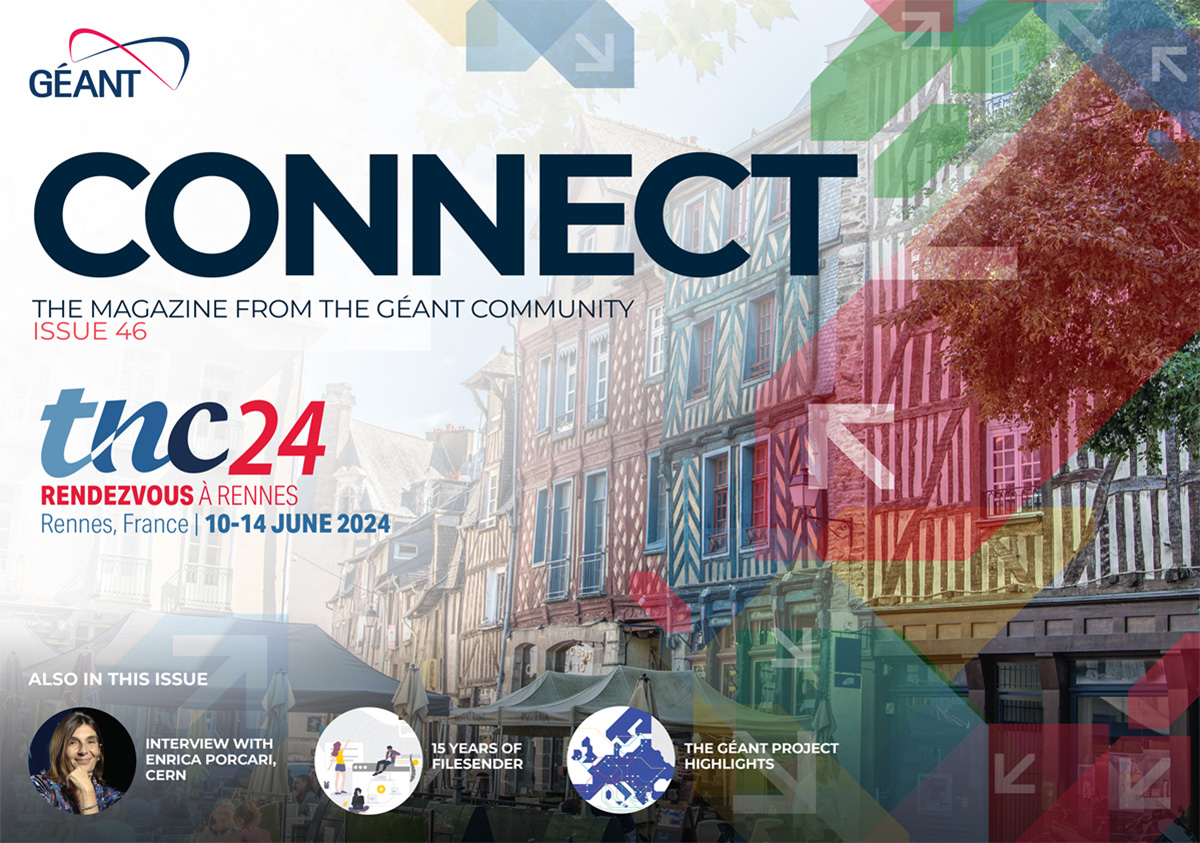
Words: David Patterson, Jisc
Jisc‘s four international strategic priorities, aligned with its mission and values, have been distilled into a pragmatic set of principles. These guidelines direct colleagues in how to engage with global partners on projects, enhance collaboration, and realise the breadth of their international work. This unified framework ensures that everyone at Jisc has a consistent, shared approach, whether they’re working on development projects, providing conflict zone support, or handling international collaborations.
A key principle is understanding member and customer needs. By leveraging data insights from international engagements, Jisc can provide a more refined and beneficial experience for members and customers alike. Using our CRM system helps establish a baseline for international work and offers critical insights into global activity. This data-driven approach allows Jisc to better cater to the unique requirements of its diverse user base – and making sure that international projects align with their evolving needs.
Jisc has also built a reputation for resilient and high-capacity infrastructure through its strong and trusted relationships with NRENs and global partners. By encouraging transparent collaboration within worldwide research and education networks, Jisc maintains that the UK has the technology and support necessary to be a global leader in education and research. This collaborative culture makes certain that the UK remains well-positioned to meet the evolving demands of the international education landscape.
Global collaboration drives research, innovation, and economic growth. The economic, cultural, social, and civic contributions of international students make the UK a competitive knowledge economy and enhance the country’s global influence. Jisc plays a pivotal role in empowering members, stakeholders, and funders to achieve their global ambitions and support the UK’s international competitiveness. However, working globally is not without risks. Geopolitical tensions, climate change, cybersecurity issues, and supply chain disruptions pose significant challenges. By being proactive in understanding these challenges, Jisc can mitigate risks and protect itself and its members, funders, and customers. A well-informed risk management strategy enables Jisc to maintain its high standard of international operations.
To put these principles into action, Jisc has established three internal groups. The International Network offers a forum for all staff to discuss the challenges of global collaboration, share updates on international projects, and increase awareness of the policy landscape affecting research and education. Then there is the Strategic International Risk Group, a team of senior colleagues, collaborates to identify, assess, and contextualise international risks, shaping Jisc’s response to safeguard its operations. Lastly, the GÉANT Leadership Group, composed of those directly involved in the GÉANT project, coordinates efforts to maximise the value of NREN collaboration.
These initiatives reflect Jisc’s dedication to a proactive, strategic approach to international engagement. They ensure that the organisation is well-prepared to support the global ambitions of its members and customers.
For more information on Jisc’s international strategy, contact David Patterson, Head of International at Jisc.

Read or download the full magazine here







